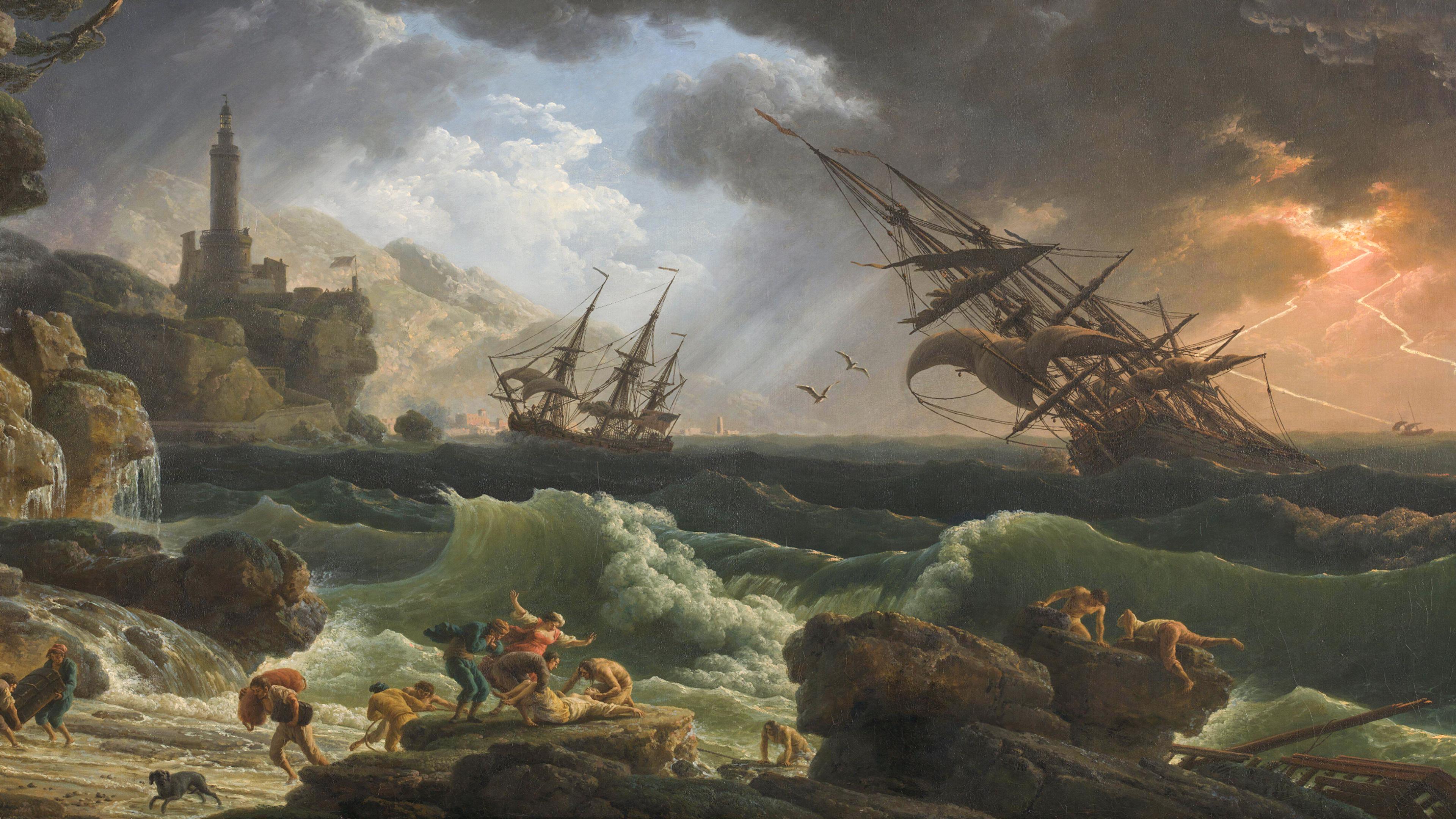Bernard Williams on Descartes’s audacious endeavour to prove knowledge is possible
In his landmark works Discourse on the Method (1637) and Meditations on First Philosophy (1641), René Descartes tackled a simple yet imposing question: how can one know anything for certain? Laid out in methodical detail, his answers would provide the foundation for modern philosophy and science. In this video from 1987, the celebrated UK broadcaster and philosophy populariser Bryan Magee (1930-2019) dissects Descartes’s world-changing writings alongside the UK philosopher and Descartes scholar Bernard Williams (1929-2003). In doing so, the pair touches on how the existence of God was fundamental to Descartes’s construction of the Universe, what precisely he meant in proclaiming ‘I think, therefore I am’, and which of his ideas have fallen out of fashion in contemporary philosophy.

video
Spirituality
Through rituals of prayer, a monk cultivates a quietly radical concept of freedom
4 minutes

video
Art
Radical doodles – how ‘exquisite corpse’ games embodied the Surrealist movement
15 minutes

video
Ethics
Plato saw little value in privacy. How do his ideas hold up in the information age?
5 minutes

video
Animals and humans
Are zoos and natural history museums born of a desire to understand, or to control?
57 minutes

video
Virtues and vices
Why Jean-Jacques Rousseau and Adam Smith were divided on the virtues of vanity
5 minutes

video
Beauty and aesthetics
In art, the sublime is a feedback loop, evolving with whatever’s next to threaten us
9 minutes

video
Bioethics
What a 1970 experiment reveals about the possibility and perils of ‘head transplants’
6 minutes

video
Beauty and aesthetics
Can you see music in this painting? How synaesthesia fuelled Kandinsky’s art
10 minutes

video
Knowledge
Why it takes more than a lifetime to truly understand a single meadow
11 minutes